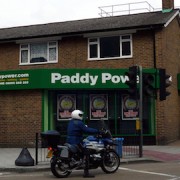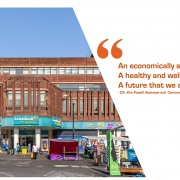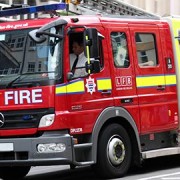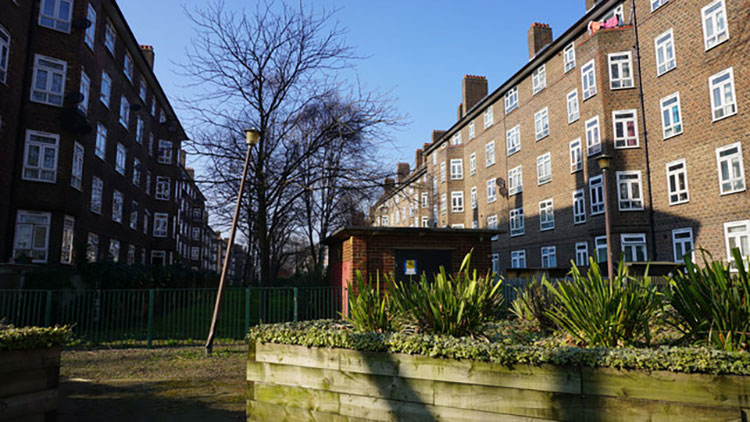
Kingsmead estate, an area that will benefit from the investment. Pic: Bill Boaden
Public access to sporting activities in some of the poorest parts of Hackney has been given a boost with an award from Sport England
The award has been giving to twelve areas across England, only two of which are London boroughs, that have been identified to have some of the poorest activity rates in the country. Sport England will be investing up to £100million across the twelve areas.
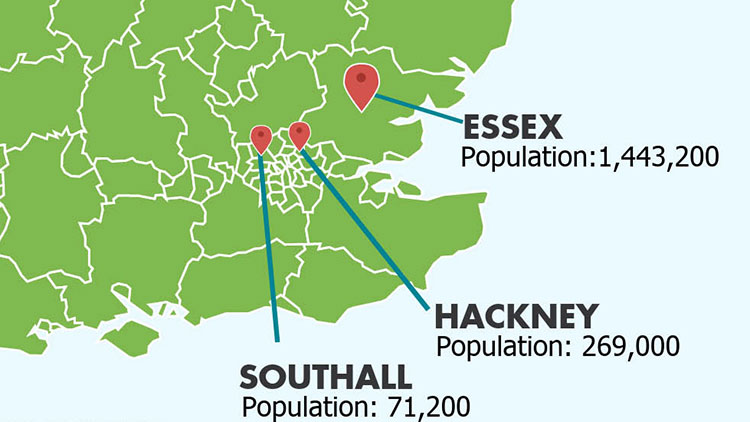
Three of the twelve chosen areas Pic: Sport England
The scheme looks to tackle “barriers” to sport such as providing better transport links, street lighting and improving the quality of parks and open spaces. It will be carried out over a period of four years and aims to make it easier for people in these communities to access sport and physical activity.
Phillip Glanville, Mayor of Hackney, said: “We already do so much to promote physical activity in Hackney, but it’s clear some people are still being left behind. While it will take time, we want to work with residents in new ways to use the power of exercise and physical activity to connect communities with each other, the fantastic facilities around them and the life-changing benefits of better fitness and health.”
The council plans to focus the funds initially on lower socio economic groups of three areas in Kings Park, particularly social housing in the Clapton Park and Kingsmead estates, before implementing it to the rest of the borough. Kings Park residents have some of the highest rate of hospital admissions, as well as risks of diabetes and cardiovascular diseases.
https://twitter.com/Sport_England/status/938048561450815488
The other areas to be chosen are Southall, Essex, Greater Exeter, Birmingham and Solihull, Greater Manchester, Calderdale, Pennine Lancashire, Redcar & Cleveland and Middlesborough, Bradford, Withernsea, and Doncaster.
A recent survey by Loughborough University shows that 11.5 million people in the country are inactive, which means they do less than thirty minutes of exercise every week. In certain groups such as those in lower paid jobs, women and the disabled disproportionately affected. Physical inactivity is costing the NHS £0.9 billion a year.
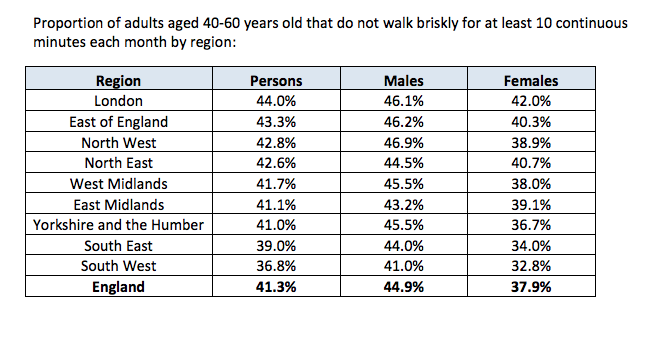
Pic: Public Health England
The twelve pilot areas for the scheme were selected following a rigorous selection process with Public Health England. They cover a mix of geographies, and have varying population sizes and barriers that stop people from getting active, such as poor transportation, safety and costs.
Jennie Price, Sport England chief Executive said: “Working with all of the partners in a local area such as voluntary groups, schools and GPs, means for the first time we can think about the broader range of issues and work right across the local system to address them. We are delighted that Hackney will be working with us on this ground-breaking investment.”
However, concerns have been raised that the funding concentrates to heavily on sports while basic amenities such as childcare are still inadequate.

